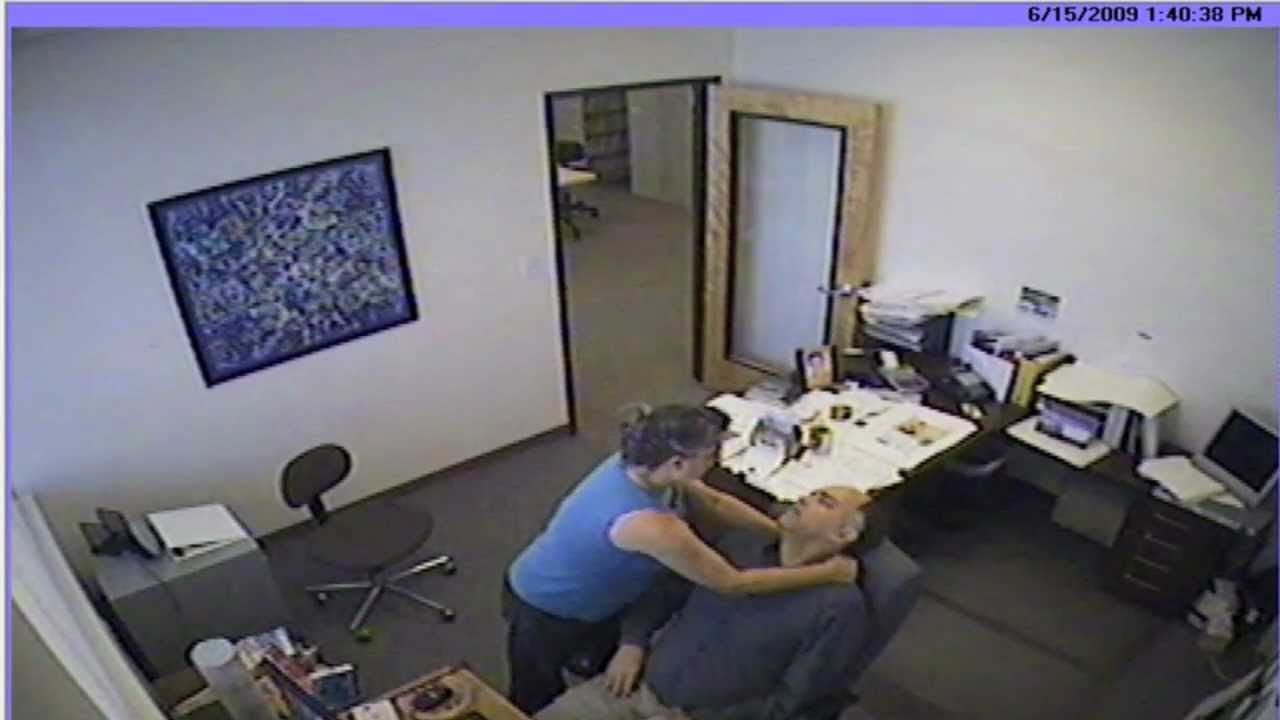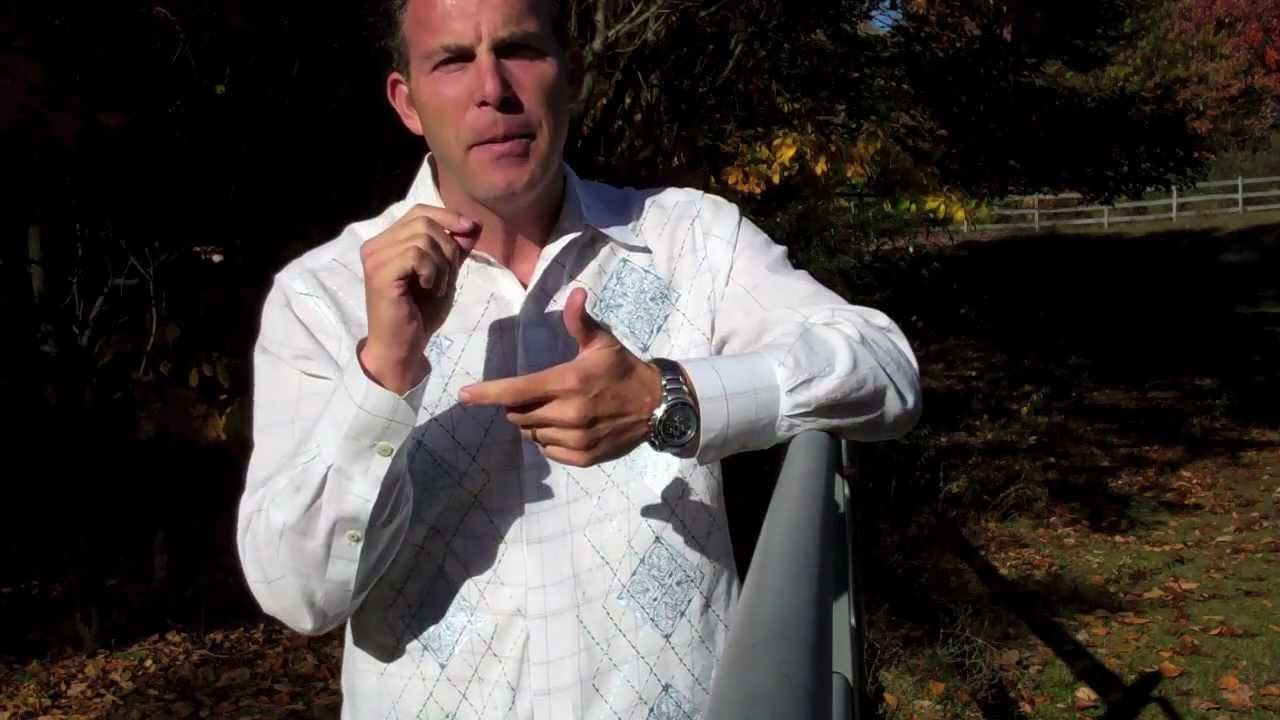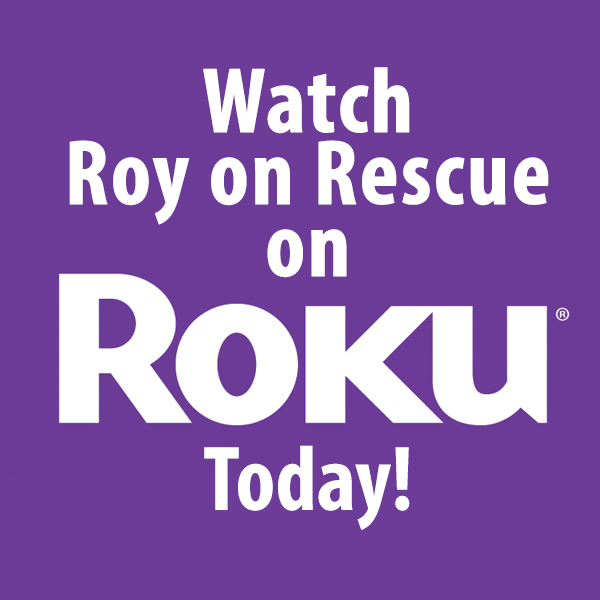I received an email that asked several questions regarding events leading up to a cardiac arrest and then how to manage feelings of failure after CPR is given but the person still remains dead. I hope this helps.
Tag Archives: Cardiac Arrest

Watch A Real Cardiac Arrest and Survival! Plus Patient Interview Post Resuscitation.
I wanted to share this video with you. We know sudden cardiac arrest happens almost every 2 minutes to someone in the U.S. but we rarely get a chance to watch a real cardiac arrest occur, see the rescue caught on a security camera and then hear the patient talk about his experience so that everyone can learn from it. If you or someone you know does not know how to provide CPR, please go to www.profirstaid.com and watch the free CPR training by clicking on the training video tab. Or simply click here after you watch the video below.

Did I Do CPR Wrong?
In this episode of RoyOnRescue, Roy answers an email that was just sent in regarding a person who provided CPR for a cardiac arrest victim but it was different than how the two other certified responders where doing CPR. Please tell me we don’t give rescue breaths anymore, I hope I did the right thing, “God forbid my way was wrong”. Roy answers this question in a way that explains how all three of the rescuers did the “Right Thing”. Be sure to watch this episode to learn how compression only and complete CPR are beneficial for the cardiac arrest victim.

Part 2 How To Survive In The Wild…A Follow Up To Comments
There was such a great response from the last episode covering life threatening emergencies in the wild, Roy decided to record a “Part 2” response that expounds on a couple of the comments.
Are there any medications that may save a heart attack victim’s life in the wild? and, If I’m asthmatic, is there any thing I can do to increase my chances if I’m away from civilization. Be sure to watch this follow up episode to put the pieces together on how to survive in the wild.
So, don’t stop having fun and living life to the fullest, but if you’re going to go out into the wild, make sure you’ve got a game plan for surviving unexpected events.
Giving CPR to People With Bleeding Chest Injuries
I received an email that I think we can all benefit from.
It read…
“Since most of the first aid measures for a no pulse, no breathing situation is immediate CPR, is it alright to do CPR if the victim has a wound on the chest that is bleeding profusely? This is not that I have seen this situation, but I like to think that if it happens I would know what to do!”
C. H.
That’s a great question C. Sometimes it’s easy to get distracted by a serious traumatic injury and forget the basics and what needs to be done first in order to try and save the person’s life. Or, we can look at a complicating injury such as a chest wound and think, How am I going to do CPR on this person, there chest has a serious bleeding wound right where I’m going to give my compressions?
In this episode of RoyOnRescue we are going to look a proper treatment plan if we ever came across a person who had a serious chest injury and needed CPR.
Person Dying and You Can Help, So What’s Stopping You?
An estimated 294,851 emergency medical services-treated out-of-hospital cardiac arrests occur in the United States each year.(http://www.americanheart.org/presenter.jhtml?identifier=4741)
And only 10% of people do something to help. What stops people from providing life saving techniques during a tragedy? In this video podcast Roy Shaw, Paramedic and BLS/ACLS/PALS instructor gets to the bottom of why people don’t get involved and what can be done increase the survival rate from cardiac arrest, regardless of what causes it.
iRescueRadio 003: Television and Health, High School Basketball Player Heart Attack, Neighborhood Rescue
This week we discuss how tv has a negative health and social effects on children; we learn about the condition of a High School basketball player that collapsed with a heart attack in the middle of a game, and the outcome of that; and a CPR rescue story!
Also discussed this week: how technology may be altering how brains work, and the FDA’s decision to discount melamine’s danger in infant formula.

